A Warning
NOTE: Let me just start out with a warning. I am not an expert in any of what I am about to write. Punny (funny-pun), but take what I am about to write with a pinch of salt. These are only my findings and my constant deferral of giving in to the demands of our capitalist society that tries to sell us hyperinflated products. But again, do not attempt to do anything I write in this post. It can be dangerous if you do not know what you are doing.
Setting the Stage: Why This Journey?
With that out of the way, one of my family members recently told me that they are drinking rehydration supplements before and during their playing golf and how this worked for them. Last month or so during a particularly intense workout, my toes started to cramp. I am used to this because I have been experiencing it since I was 12 years old doing athletics. I remember after 100-meter sprints how my toes literally curled from the cramps. This is most common cause of this is an electrolyte imbalance due to sweating or overexercising. So, the supplementation with electrolytes to rehydrate is a good way of doing this.
A quick Google search, and you will access a wide array of different rehydration drinks and supplements (tablet or powder forms). And for the most part, these drinks are doing what they are supposed to do. But most of the people who buy them are drinking them for different reasons that has nothing to do with rehydration. Think about the recent developments with sports drink being consumed by people who sit the whole day. Obviously, these drinks on the market are targeting these people and the ingredients in the drinks cater their sedentary lifestyle. It would be dangerous to consume a rehydration drink geared toward athletes due to amongst other reasons the high sodium content. But that is another rabbit hole I do not want to go down now.
Common Rehydration Ingredients
If you look at the ingredients list on most of these rehydration and electrolyte supplementation drinks/tablets/powders, they mostly consist of
- sugar (in various forms, think sucrose, dextrose, and so on),
- salt (mostly sodium chloride),
- potassium (sometimes potassium chloride), and
- sodium bicarbonate.
Some of the more complex ones contain magnesium and calcium and then a host of other things as well. For the remainder of the past and my rabbit hole, I am focusing on the four I listed above.
In any case, it seems rather simple to make your own, though. Or this was my initial thought when I went to the shop to buy all of the ingredients. I mean, sodium chloride is salt, potassium chloride is a popular salt substitute, and sodium bicarbonate is baking soda. Mix the three together and there you have a rehydration supplement for 1/100th of the price they are asking for the tablets and powders. So, I bought all of the ingredients, and I was about to begin mixing my own when I thought about something: I am not 100% how much of each ingredient contains of each element or electrolyte. Again, I am not a scientist, nor a nutritionist, I am merely an active individual who is curious.
An “Easy” Recipe
Let us start from a very basic recipe. One of the most known rehydrate supplements in South Africa is Rehidrat. The ingredients on the back of the sachet state the following ingredients:
It sounds rather simple, 440 milligrams of salt, 380 milligrams of salt substitute, and 420 milligrams of baking soda… And that is the first mistake I made going down this rabbit hole.
At least they are giving us the milligrams of the ingredients, but 440 milligrams of salt does not equate to 440 milligrams of sodium, because it is sodium chloride. From my Googling way too much, I found the basic chemistry results that sodium chloride is about 60% chloride and 40% salt, meaning that the ingredients are about 180 milligrams sodium and about 260 milligrams chloride. Easy.
The Dangers of Potassium
Now I got to potassium chloride, or the salt substitute. Googling potassium as a supplement, you get a host of articles that tell you the dangers of having too much potassium in your diet, but most people’s diets are deficient in it. The more that I read, the less I wanted to know. Getting too much potassium in your diet is not good, neither is too much chloride any good, or sodium for that matter as well. We all know the dietary warnings of having too much sodium in our diets.
But somehow, I found a website that said potassium chloride is 1:1 ratio, meaning that it is relatively the same quantity of potassium and chloride. So, in 1000 milligrams (or 1 gram) of salt substitute, we can tentatively be sure there are 500 milligrams each of potassium and chloride. And here is the real problem that I stumbled upon, I am relying on Google and I can potentially get myself into trouble if my math is off or the websites are not trustworthy.
Daily Allowances
Because the biggest problem with all of this is the daily allowance for these electrolytes. You cannot be sure how much of them you get through your normal diet, unless you weigh every piece of food and know for sure what is in your food. But let us stick with the daily allowances for a moment. I found the following easily regarding our daily allowances:
- Chloride: 2300 milligrams,
- Sodium 1500 milligrams, and
- Potassium 4700 milligrams.
From my attempts at finding some concrete numbers, I managed to get the following from various sources regarding how much of each electrolyte there is in a teaspoon of the ingredients:
| Salt | Baking soda | Salt substitute |
|---|---|---|
| - Chloride: 3400 milligrams - Sodium: 2325 milligrams | Sodium: 1200 milligrams | - Potassium: 3200 milligrams - Chloride: 3200 milligrams |
So, obviously, one teaspoon of each is way too much, and I did not think about doing that. But it is interesting to see how much of each there is in what we normally view as one thing. We mostly think about sodium and salt as synonymous but there are different types of salt and there are different ways in which sodium gets into your diet through ingredients that are not seen as salt.
Common Sports Drinks/Rehydration Supplements
In any case, so where am I going with this? It is interesting to compare the daily intake allowance and the percentages of the hydration drinks we drink. Sports drinks like Gatorade (something we do not get in South Africa) contain 306 milligrams of sodium in a 600 ml bottle, and only 135 milligrams of potassium. The rehydrate that I mentioned above contains about 400 milligrams of chloride, 270 grams of sodium, and 120 milligrams of potassium.
All of these are relatively low in terms of your daily allowance, especially if we think about two key things: firstly, if you are not eating enough or the right amount of healthy foods, you will not get close to the daily allowance, especially potassium which is apparently something most of our diets are severely lacking in; and secondly, when you gym or exercise intensely, and sweat heavily, you will lose key electrolytes. So linked with a bad diet (which I am sure most of us are guilty of) and heavy exercise, the likelihood of an electrolyte imbalance is quite certain. Take for example our fast-food diets or even just processed food diets: extremely high in sodium and extremely low in potassium.
By eating healthy and with the right amounts and types of food, we will have more than enough of the electrolytes I listed in this post. But what if you are fasting for 10-16 hours a day, combined with running and gym exercises? The need for electrolyte supplements can be a good thing, but again, I am no expert, nor am I knowledgeable in any of this. (Again, take it with a grain of salt.)
The Struggle Continues
Back to my journey in trying to make my own rehydration drink. Now I am wondering, how much of each ingredient? It looked so simple from the start. Just add about 400 milligrams of each into water and some sugar, and there you go? But it turned out this is way too oversimplified. For one, the potassium in most of these drinks is incredibly low, the sodium is also quite low depending on your diet, and the chloride is, if you use sodium and potassium chloride, quite high. I see that some people supplement with about 3 teaspoons of sodium bicarbonate when they want to train really hard, but that is about 3000 milligrams of sodium, a very high level of sodium. Obviously, this is for hard and strenuous training, so you will sweat a lot and lose a lot of sodium through the sweating. But I am still left with the question, how do I make this simple rehydration drink without potentially hurting myself? And I am still left without any solution. I have been experimenting with pinches of salt, salt substitute and baking soda in my water, and I think this is the best way forward. For one, measuring about 1 gram’s worth of ingredients is not easy if you do not have a precise scale. Trying to scoop 1 gram each time with a designated spoon is also not worth the while.
After about 1500 words into my rabbit hole, I feel like I stumbled upon something that would have been best left covered. Because the fact of the matter is that we pay so much for rehydration supplements and it is basically salt, sugar, and water. But on the other hand, you can easily hurt yourself by drinking way too much sodium or potassium. In an attempt to stay healthy, we can so easily fall off into the deep end hurting ourselves in the process.
Postscriptum, or Take Everything with a Moderate Amount of Salt
As I said, do not attempt to do anything based on what I said in this post. This is merely an interesting rabbit hole I went into. It is fascinating how easily we can hurt ourselves through measures we take to make ourselves healthy. It is also interesting to think about how much money these supplement companies are making by selling us essentially salt, sugar, and water. Do your own research, trust who you can trust, and stay healthy.
I hope that you found this post somewhat interesting!
All of the writings are my own, unless hyperlinked or stated otherwise. The photographs are also my own, taken with my iPhone.
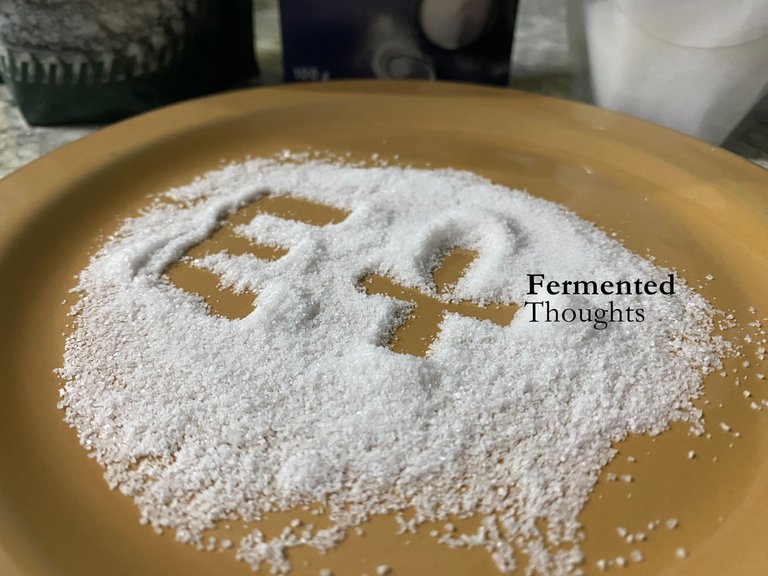
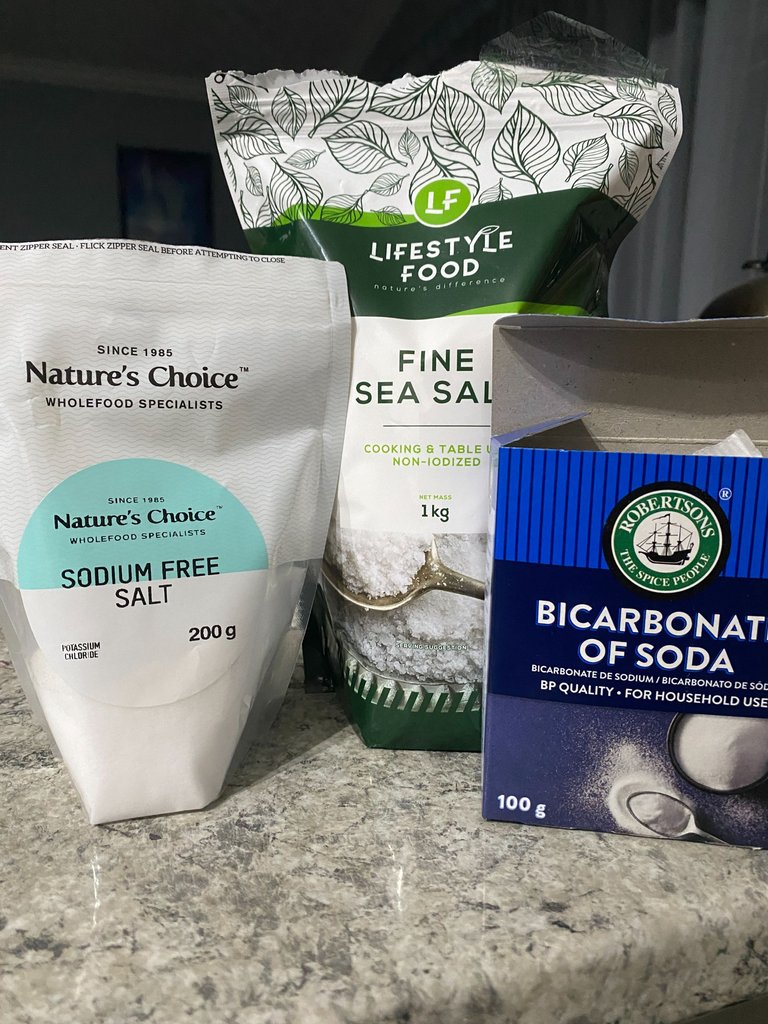
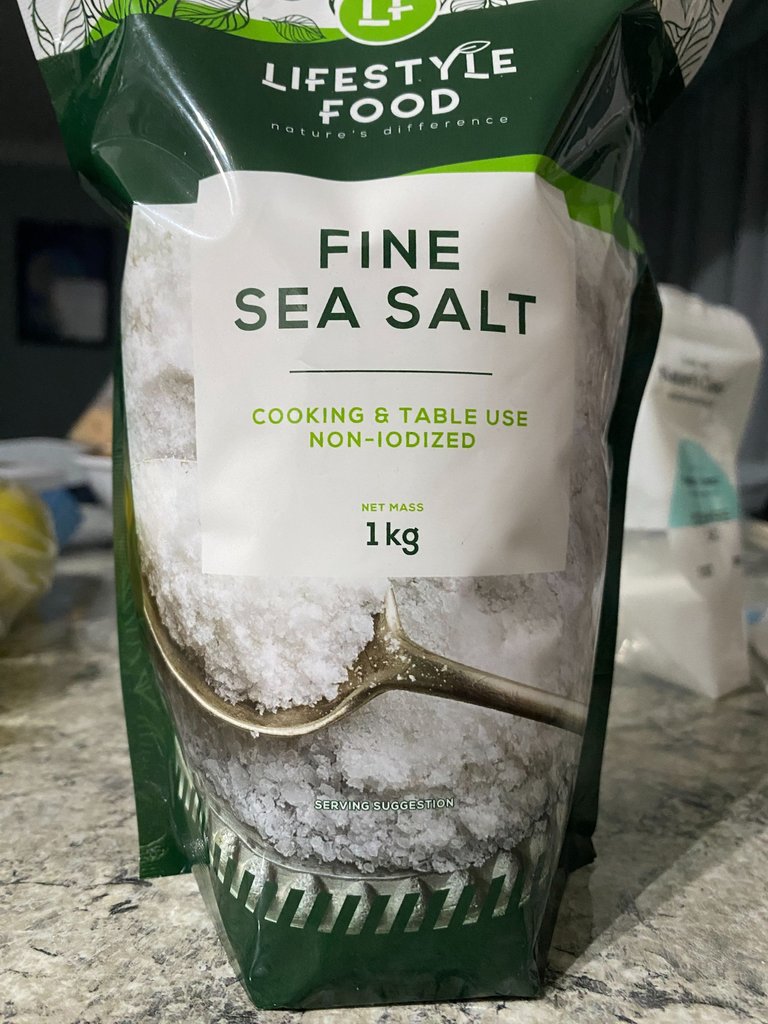
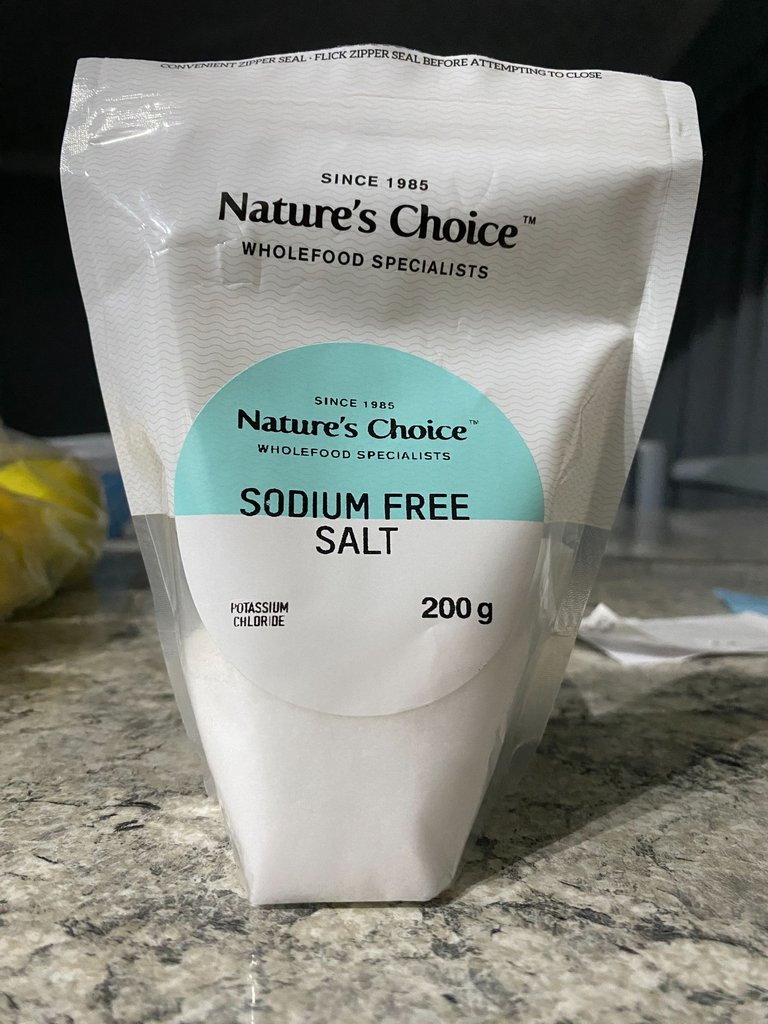
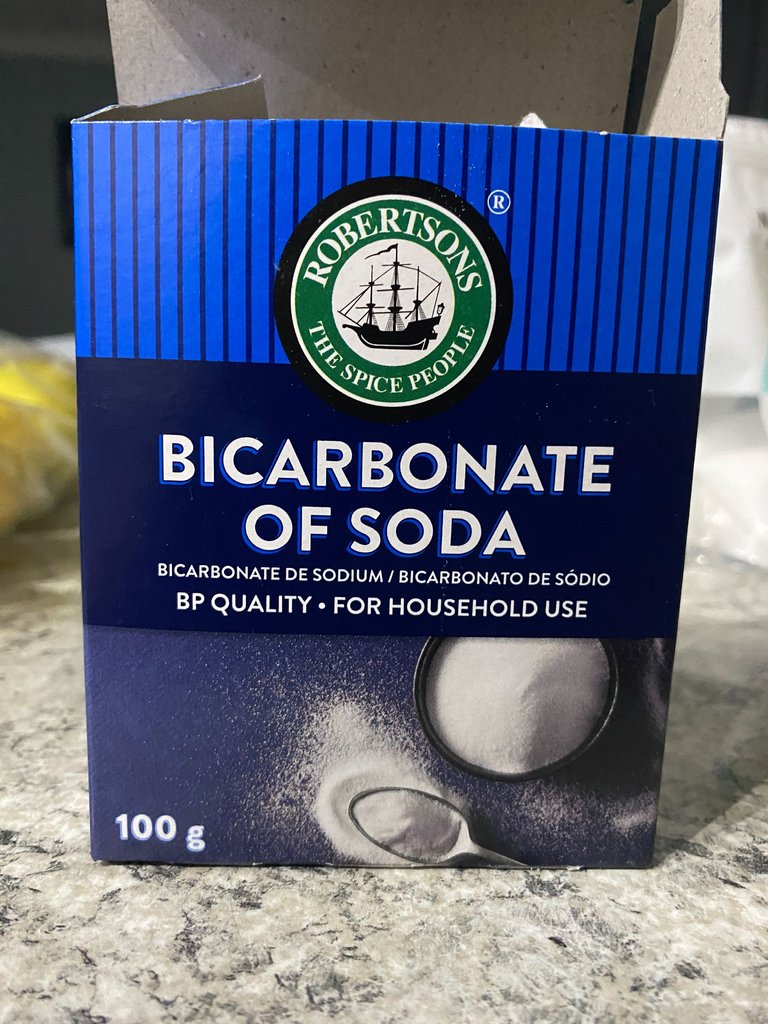
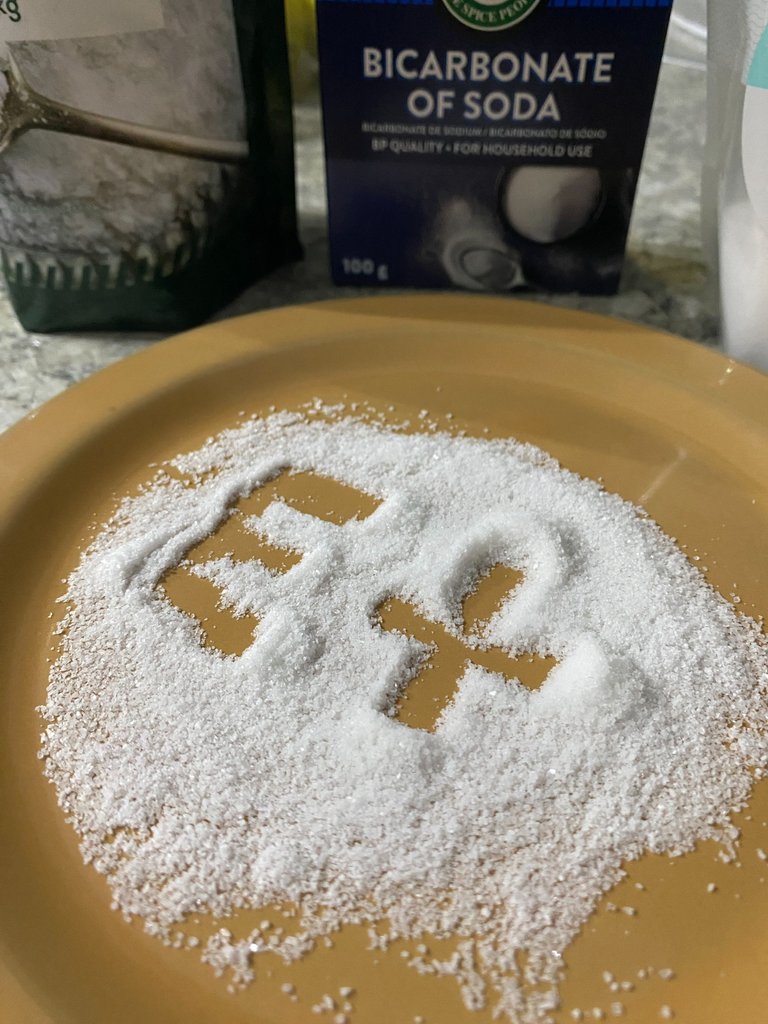
Thank you so much @ewkaw! It is a bit late, but I really appreciate it. Keep well.
You're very welcome and no worries :)
Have a nice day!
Congratulations @fermentedphil! You received a personal badge!
You can view your badges on your board and compare yourself to others in the Ranking
Oh my, I never realised! Thank you so much for reminding me @hivebuzz. What an amazing 6 years!
We're glad to be part of your journey @fermentedphil! Here's to many more years on the Hive blockchain. Keep up the great work!
Thank you so much! I really appreciate it and all the effort to track our stats! Such wonderful work. Thanks so much.